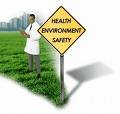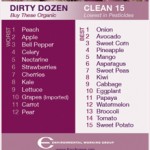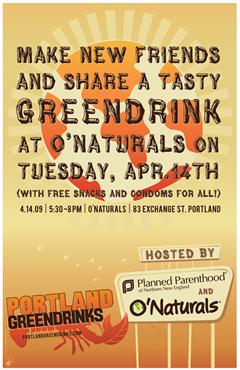Better to Be Safe than Sorry
Why do we wear seatbelts? Why do we bring a surplus of diapers and multiple changes of clothes when we take our babies on a single outing? Why do we wear helmets while biking and skiing? Why – because by golly, we’re smart kids and we have learned to intrinsically employ the precautionary principle…now if only our law and policy makers could do the same.
According to Safer Chemicals, Healthy Families, “there are 82,000 chemicals available for use in the U.S. yet only about 200 chemicals have been assessed for safety. Only 5 chemicals have been removed from use based on health and safety concerns.” Currently, in the United Sates, law makers require strong, and in many cases, conclusive evidence that a contaminant has adverse human health effects before preventative actions are taken. In other words, the burden is on people to prove a chemical is unsafe before lawmakers will take action. The problem with this policy, however, is “serous, evident effects such as endocrine disruption, climate change, [and] cancer…can seldom be linked to a single cause. Scientific standards of certainty may be impossible to attain when causes and outcomes are multiple; latent periods are long; timing of exposure is crucial; unexposed, “control” populations do not exist; or cofounding factors are unidentified (www.sehn.org ).
So, if definitively linking specific contaminants to specific adverse health outcomes is sometimes a nearly impossible task, how could our government better protect us? The U.S. should borrow a page from the European Union’s playbook and begin to adopt the Precautionary Principle – that’s how. (more…)





